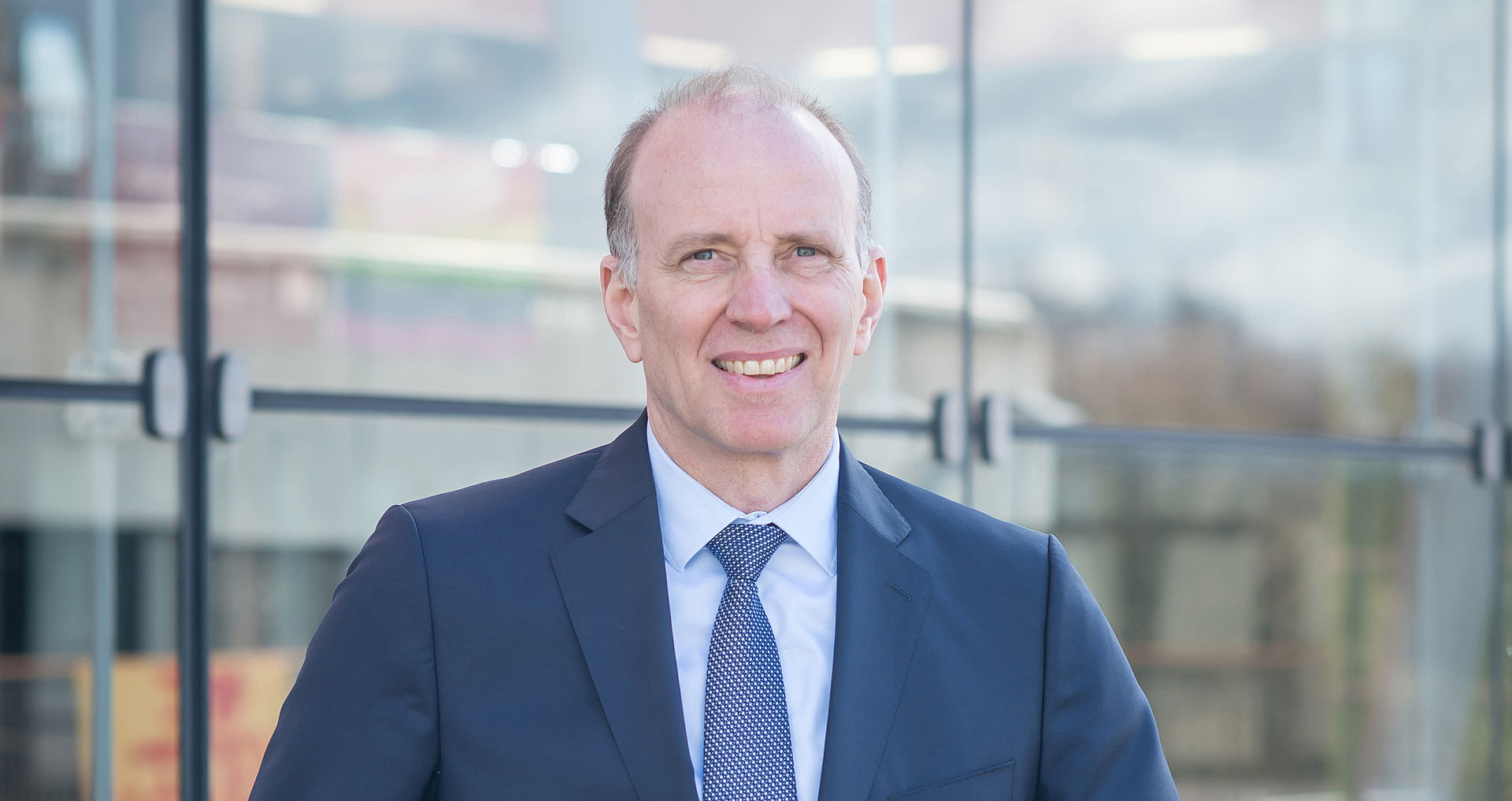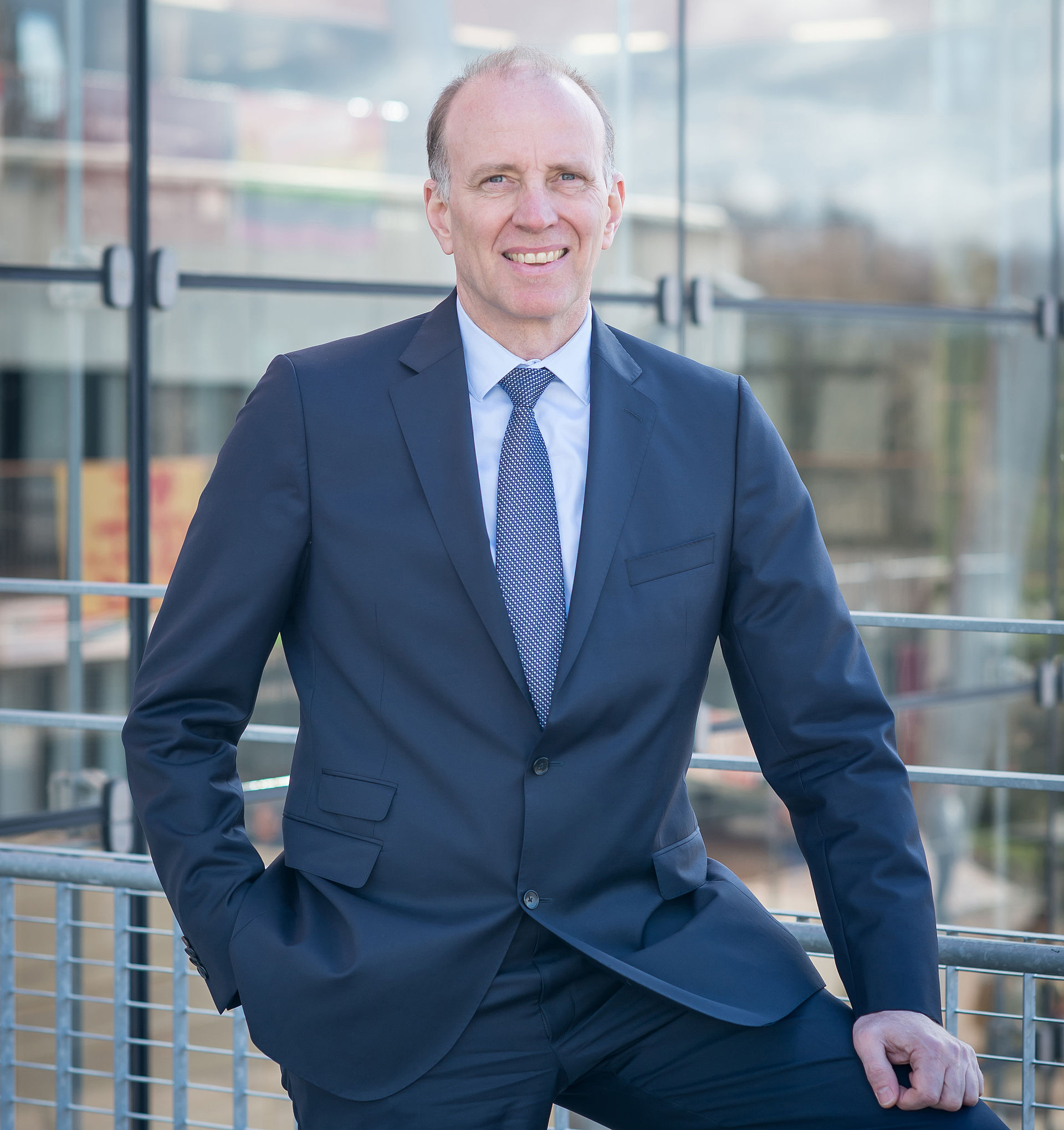February 26, 2019. “If knowledge is mature enough to become science, then a crisis must necessarily arise,” said Johann Wolfgang von Goethe in his “Maxims and Reflections”. “For it reveals the difference between those who separate the individual elements and represent them separately and those who have the general in mind and wish to add and insert the special.” The statement is a good 200 years old and yet it is more relevant than ever. For in these confusing times in which we live today, scientific discourse has also changed.
To return to Goethe’s words, we are again seeing today that consensus in science is no longer all-encompassing. On the contrary, at the interfaces of different disciplines there are not only different but sometimes completely contradictory assessments of one and the same topic. One example of this is the debate on fine dust. While epidemiologists classify nitric oxide exposure as extremely dangerous, pulmonary physicians reject the risk as grotesquely exaggerated. For the layman, this all just cacophony. Above all, however, it leaves him at a loss and undermines his confidence in science.
Science must again become an authority for truth, clarity and classification
One of the German Council of Science and Humanities’ most important goals is to regain this trust and to anchor science as an authority for truth, clarity and classification very clearly in society’s consciousness. It is an important instrument of cooperative federalism for the promotion of science in Germany and, at the same time, the most important advisory body of the federal government and the governments of the German states in matters of science, research and higher education. It brings together scientists and members of society on an equal footing with representatives of the federal government and the German states. They are in a continuous dialog on the central questions of the German science system. The German Council of Science and Humanities builds bridges between science and politics on the one hand and between the federal government and the German states on the other.
I am very proud of my appointment to the German Council of Science
I am very proud and honored to have been a member of the German Council of Science and Humanities since February 1 as one of eight public figures appointed by the German Federal President at the joint proposal of the federal government and the German state governments. Office is held for a period of three years. In addition to the above discourse, which I would like to explain in further detail in a moment, I am particularly interested in scientific and ethical issues: what is good science and what kind of science is desired by society? How should and, indeed, must scientific content be evaluated? As an observer of the system with a fairly realistic view of science, I am looking forward to sharing ideas with the renowned scientists on the German Council of Science and Humanities.
Digitization and its impact on science
The digitization of all areas of life naturally also has an effect on science in all its aspects. Science has always been shaped by empiricism - but today information technology has become so powerful that science has to deal with an unprecedented amount of data. The effects are enormous: the skills of a single scientific discipline are usually no longer sufficient to detect the patterns in this data. As someone involved in the space industry at a professional level, I am well positioned to assess this. Take, for example, the data provided by Earth observation satellites. This is information relating to the environment and the climate. Such data can only unleash its full use when it is interpreted in the context of different disciplines. For example, it can then provide insights into how the condition of forests is changing, something which in turn has an impact on biodiversity and ultimately determines whether certain livelihoods continue to exist.
An interdisciplinary approach is therefore more in demand again. In times of change and uncertainty as to how the world should move forward, an objective, incorruptible overview is crucial. The Internet and the social media have long since ensured that knowledge is for the masses. Unfortunately, however, this has also led to quacks and would-be experts spreading their nonsense on every possible subject under the sun. In today’s digitized media world, these circles are able to carry their sermon unfiltered into the public domain with the result that people are increasingly unsure today about what they can believe. It is also becoming increasingly difficult to gain a clear picture of certain processes. Truth and the relevance of topics or discussions are almost beyond the grasp of the ordinary person.
We need a new awareness of the importance of science
So what we need is greater orientation through science again – and above all a new awareness of the importance of science itself in a rapidly changing world, in which globalized, digitalized communication often leads to information that is confusing, unverifiable, unaccountable and without context, authority or integrity. In times like these, science is becoming more and more important as a fact checker, an explainer and an organizer, in short: as a builder of bridges and connections between different levels and disciplines.
Although the tension between the freedom of science and the dubious intentions on the part of some scientists will never be completely eliminated, we must ensure that people regain greater clarity and transparency. One example of such false intentions is the discussion about climate change. It is scientifically proven and beyond dispute that humankind has contributed to climate change and is exacerbating it with its present actions. However, there are interest groups that use science to claim the very opposite. This has a lot to do with populism and is used accordingly, especially in political discourse. The fact that this is possible today has something to do with digital communication, but also with the fact that it is no longer considered taboo to say unpopular things in science even at the risk of exposing one’s own colleagues.
The questions is: who is the scientific authority?
The questions we need to clarify in our society are these: who is the scientific authority? Who has the scientific methods, the competence and the knowledge to classify topics of overriding relevance beyond doubt? To my way of thinking, it is inconceivable that we should be facing the threat of a return to the times in which disagreeable opinions or insights were removed from discourse in a quasi-inquisitorial manner. I am committed to the openness of scientific knowledge. That said, I would also like my own view of the world to be shaken by these insights. Where would we be today if polymaths such as Copernicus or Galilei had allowed themselves to be intimidated by the doctrine prevailing at the time and had not publicized their own thoughts of another scientific order in the universe?
By the way, Copernicus and Galilei are also wonderful examples showing that ultimately the big questions always come down to scientific knowledge. Whether we will one day find a second earth on which humanity can continue to exist once our planet ceases to be habitable is not a theological or philosophical question. It is a scientific problem that must be solved by disciplines that deal with the empirics of the physics of the universe and the big things and forces in the broadest sense. And of course with the question of water, biology and, hence, life beyond our earth.
Personal details:
Born in 1962, Marco Fuchs studied law in Berlin, Hamburg and New York. He worked as an attorney in New York and Frankfurt am Main from 1992 to 1995. In 1995, he joined OHB, the company that his parents had built up. He has been Chief Executive Officer of OHB SE since 2000 and of OHB System AG since 2011. Marco Fuchs is married and has two children.


